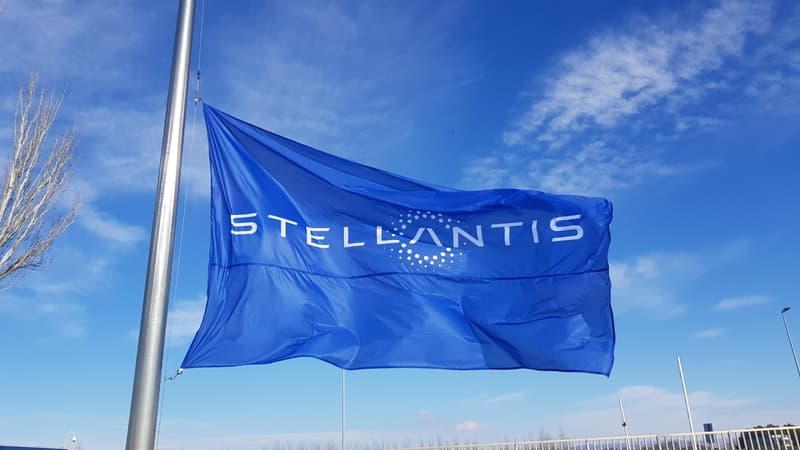Stellantis, in turn, rushes towards the breakout of e-fuels. The automobile group has announced that it has begun testing synthetic fuels in its carstouted as a serious advantage in keeping combustion engines in new car sales after 2035.
A fuel of the future?
The manufacturer with 14 brands (Peugeot, Fiat, Citroën, Opel, Jeep, DS, etc.) is currently carrying out large-scale tests on around thirty of its families of gasoline and diesel engines. The goal? Check its compatibility with electronic fuels by examining in particular the ability to start the engine, the dilution of the oil or even the durability of the tank with this new fuel.
According to Stellantis, these tests are conclusive, even if synthetic fuels still raise some questions.
“Synthetic fuels still have some technological barriers to overcome, in terms of demonstrating that they are completely carbon neutral, in terms of costs (…) but it is one path among others”, emphasizes Carlos Tavares, General Director of Stellantis.
Germany, European engine
Germany achieved last March that synthetic fuels are taken into account in the European strategy to reduce CO2 emissions. The authorization to register these vehicles with thermal engines that use electronic fuels will be included in what is called a delegated act, that is, a separate proposal that will be put to the vote in Parliament in a few months.
“We have seen the power of Germany in the European decision-making process,” acknowledged the Stellantis boss.
“We have already verified at Stellantis that our engines are compatible with these fuels, so anyone who buys a Stellantis car today can rest assured that the engines of these cars will be compatible with these fuels,” adds Carlos Tavares.
The representative of a competing automotive group told BFM Business that it was quite logical that current engines should be compatible with electronic fuels, because precisely the principle of these synthetic fuels is to be able to operate with current technologies.
28 million cars affected
For the boss of Stellantis, who has always been very critical on the choice of 100% electric “only” from 2035 in Europee-fuels represent an attractive alternative.
“The merit of this proposal (of e-fuels) is that it reminds us how valuable it is to preserve a technologically neutral regulation, so that all the best technologies compete and that the best, that is, the one that protects the planet and that represents the lowest cost for citizens, is the one that is finally chosen”, estimated Carlos Tavares.
In all, 28 million cars from Stellantis-owned brands could run on e-fuels, according to the automaker. This could potentially reduce CO2 emissions in Europe by 400 million tonnes between 2025 and 2050. At the same time, Stellantis is also continuing to massively electrify its range and is also accelerating its hybrid offering.
Source: BFM TV


